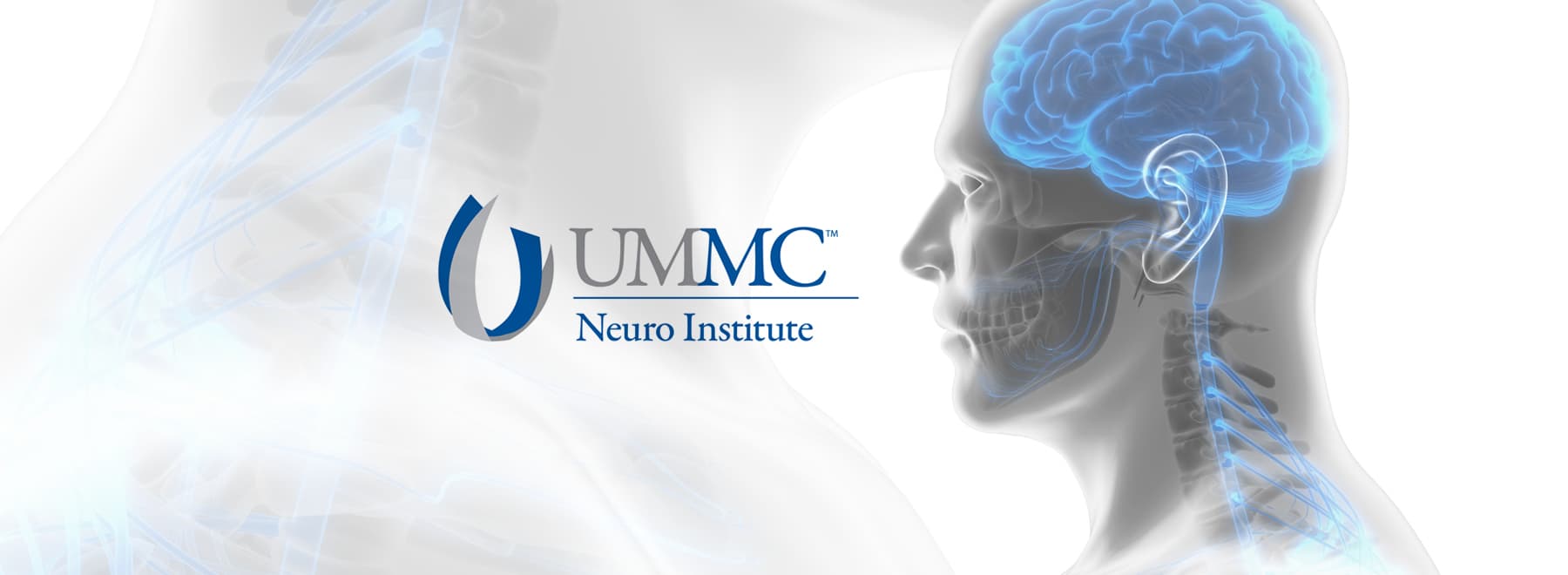
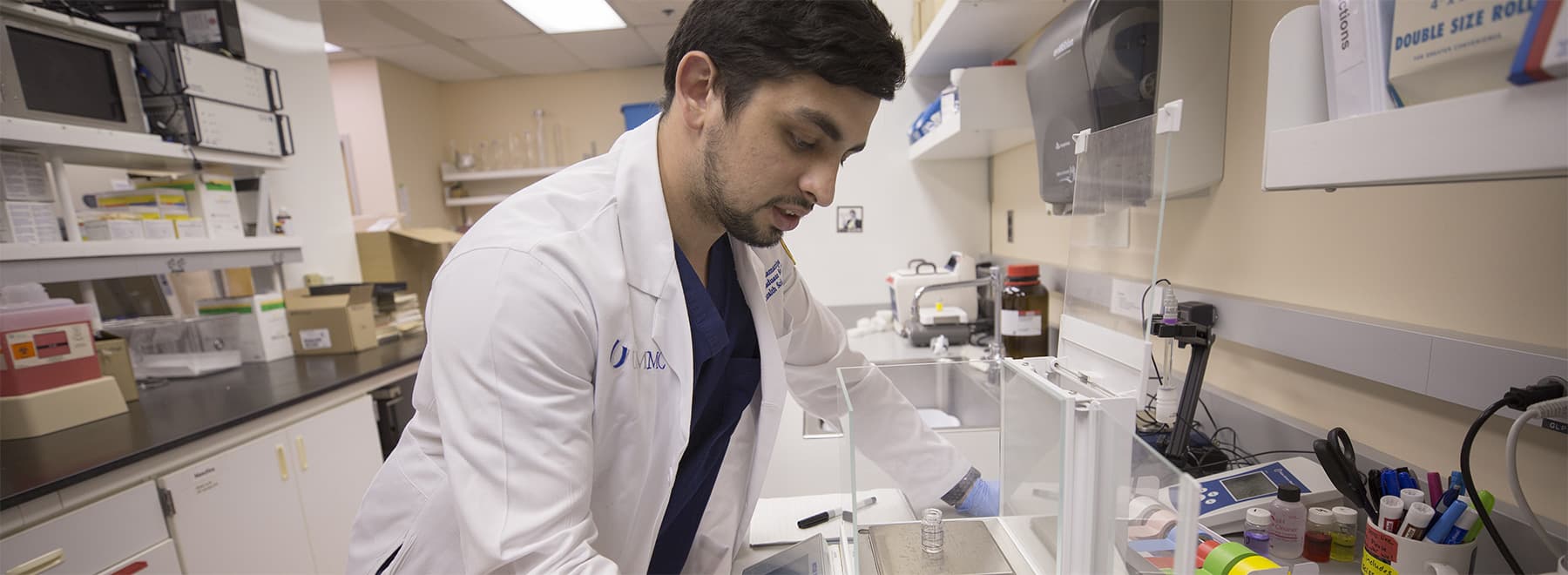
Addictions
Innovative and integrated neuroscience curriculum
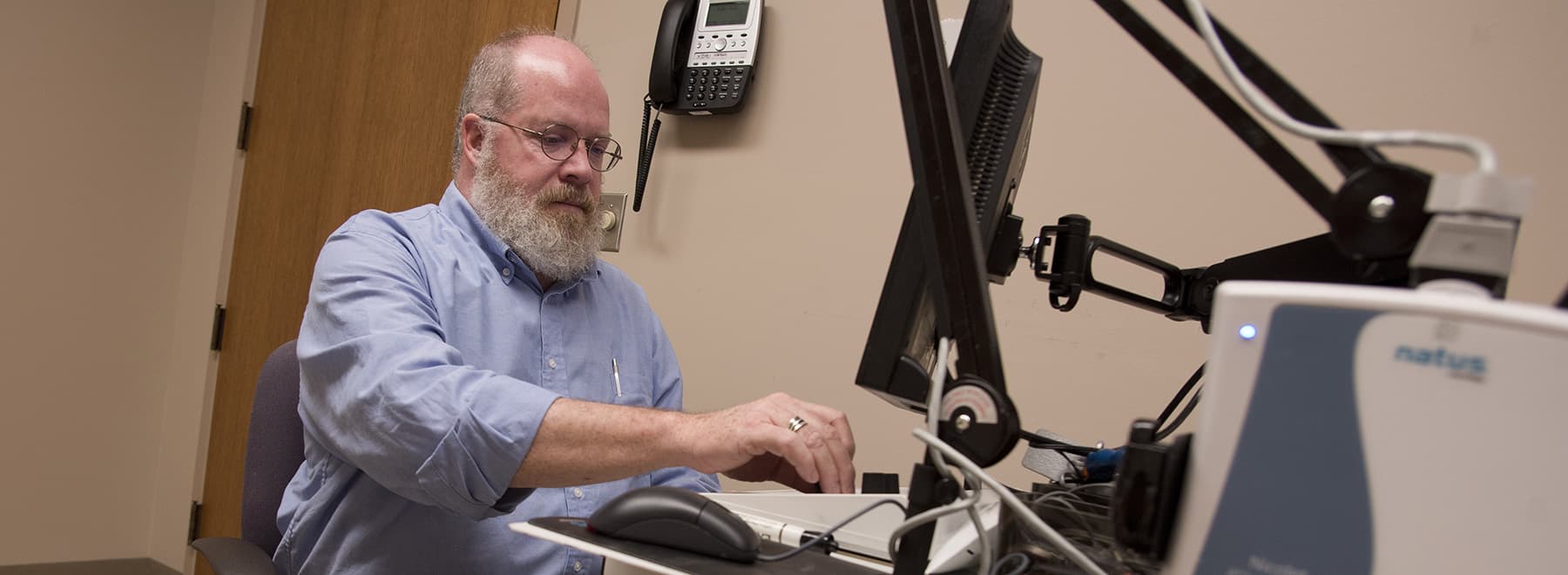
Neuro Trauma
Cutting-edge research in spinal cord injury
UMMC Neuro Institute
The UMMC Neuro Institute is a multi-department, multi-institution collaborative with a mission to integrate high quality health care, ground-breaking research, and innovative educational programs within the field of neuroscience.
UMMC’s strength as an academic medical center makes it an ideal location to pursue collaborative and translational projects. The institute complements and builds upon existing areas of strength in neuroscience to discover new cures and develop improved treatments.
Established in 2016, we aim to:
- Build partnerships among departments, schools and hospitals based on a model of shared governance, and working together across traditional boundaries;
- Serve as an "open umbrella" to bring people, departments and organizations together to address major public health issues related to the brain and nervous system;
- Focus on developing selected areas of excellence and opportunity, each integrating all three domains of health care, research and education.
Our members include researchers, educators, physicians and other health care providers in the departments of Advanced Biomedical Education, Neurology, Psychiatry and Human Behavior, and Neurosurgery at UMMC, as well as the Methodist Rehabilitation Center.
Neuroscience is a broad field that encompasses all diseases of the nervous system. The Neuro Institute’s three focal points – addiction, neurotrauma and stroke – represent areas of opportunity for integration and growth of health care, research and education.
Featured News

UMMC researcher’s pioneering work gives rise to new severe depression drug
Thursday, March 21, 2019
Thirty years ago, Dr. Ian Paul and a group of fellow young researchers had a hypothesis: that major depression has a connection with the brain neurotransmitter glutamate, and that drugs that block glutamate receptors would have an anti-depressive effect. It proved true, making possible the highly acclaimed drug esketamine, the first truly new depression treatment in three decades. Read More
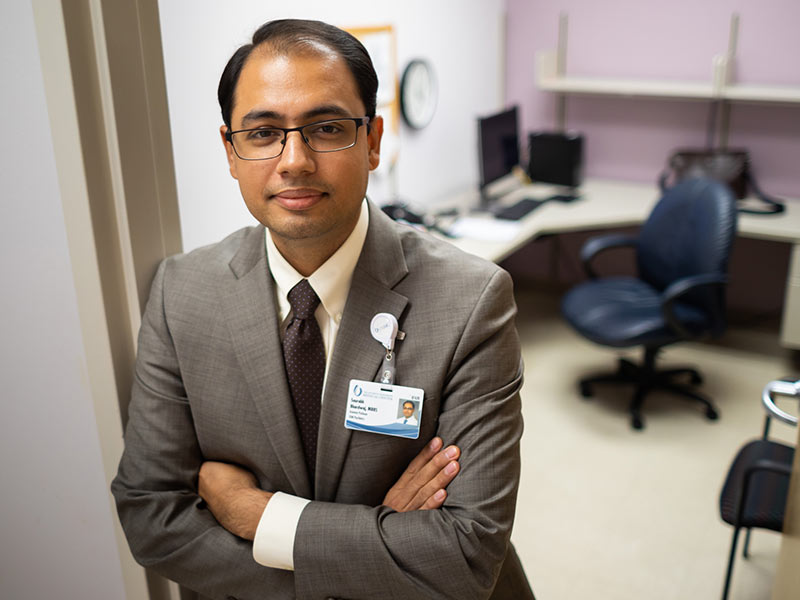
Addiction psychiatrist expanding treatment for opioid use disorder
Thursday, October 11, 2018
UMMC’s addiction program has reached a milestone. New faculty member Dr. Saurabh Bhardwaj, an addiction psychiatrist, is the Medical Center’s first provider to offer medication-assisted treatment, or MAT, for those coping with opioid use disorder. Read More
Latest News
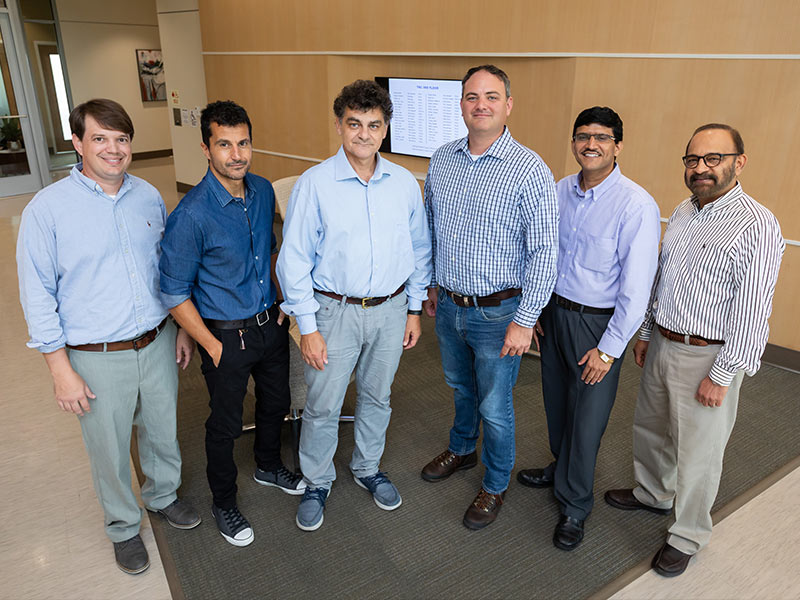
Medical Center among ELP research, patent leaders
Published on Monday, October 1, 2018

A class apart: Medical school breaks admissions record
Published on Monday, September 17, 2018

Lacking concussion system, Mississippi athletes in contact sports at risk
Published on Thursday, August 30, 2018
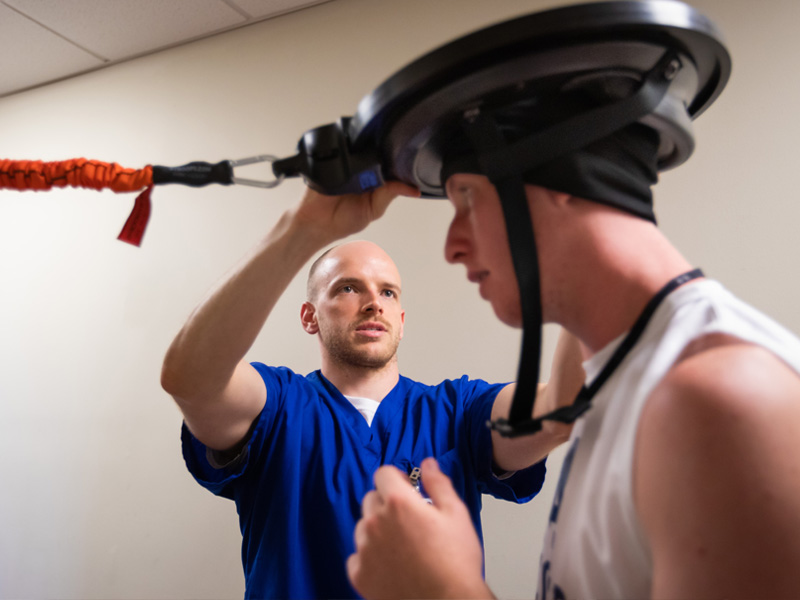
Clinical trial explores physical therapy for sports-related concussion, leg injury prevention
Published on Monday, August 20, 2018
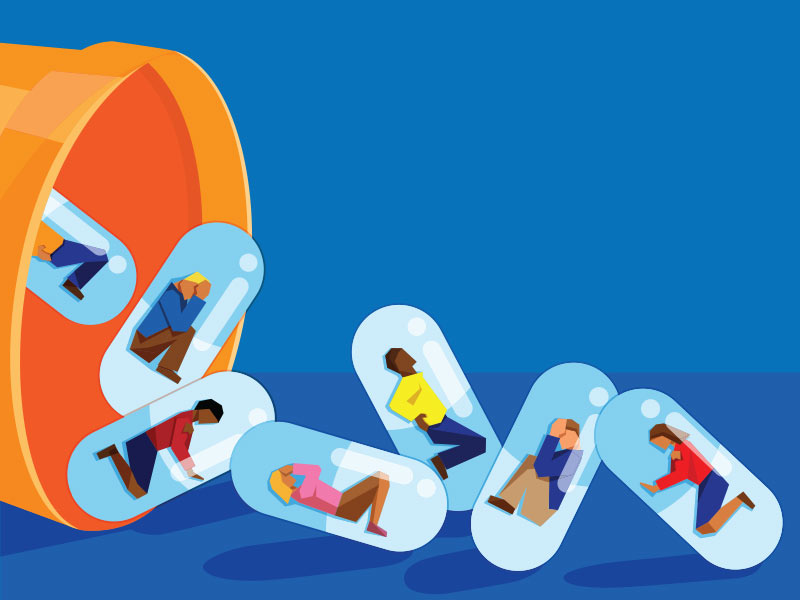
UMMC Grenada offers first-time inpatient substance abuse detox program
Published on Monday, July 30, 2018
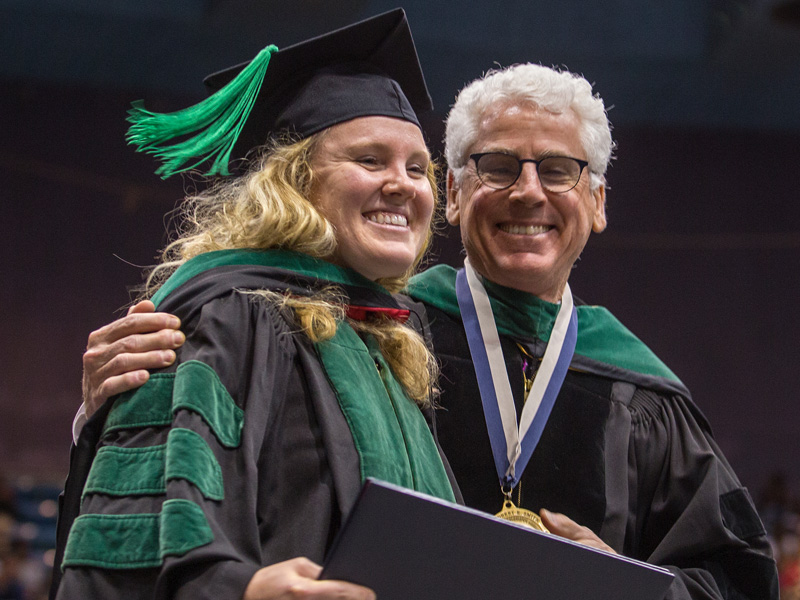
Class of 2018 is family friendly
Published on Thursday, May 31, 2018
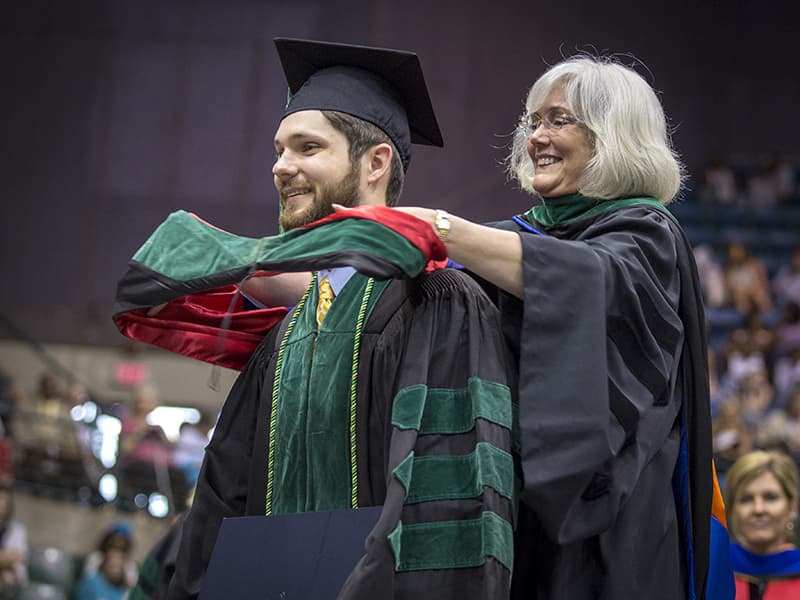
UMMC confers 930 degrees in health sciences professions
Published on Friday, May 25, 2018
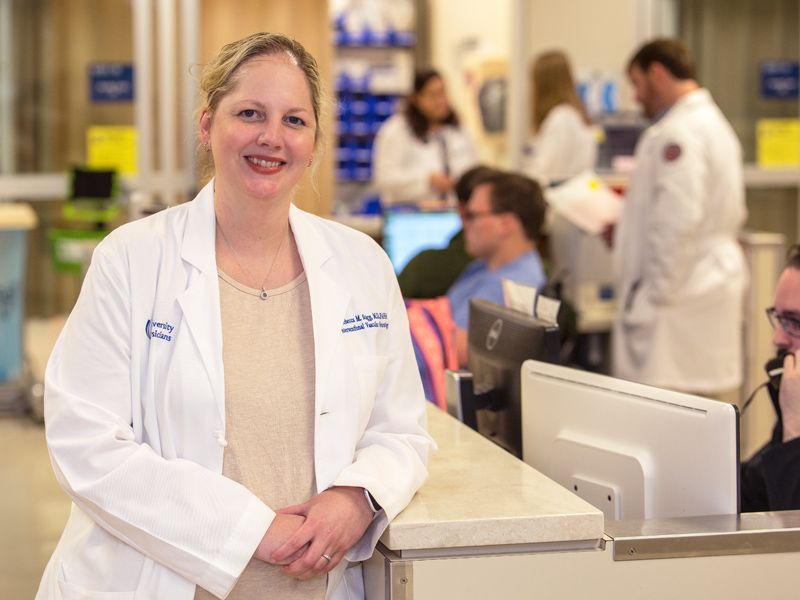
Stroke study researches clot-buster recipients
Published on Thursday, May 24, 2018

StrokeNet Partnership
The Neuro Institute will be a partner site with the University of Alabama at Birmingham’s StrokeBelt/StrokeNet initiative. As part of the partnership, NI agreed to maintain a screening log of stroke patients and communicate this information throughout the network to enhance clinical research trial screenings, enrollment and retention.
MORE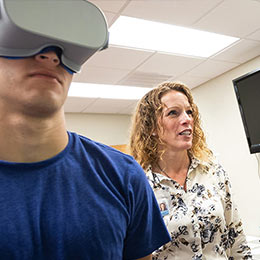
Neuroscience Grant
The Neuro Institute in conjunction with the Office of Research offers a Pilot Research Grant Program to support development of innovative, cutting-edge research across the spectrum of basic, translational, clinical and population-based neuroscience, and facilitate development of collaborative teams of scientists, clinicians and other health care professionals from multiple departments, schools and disciplines.
MORE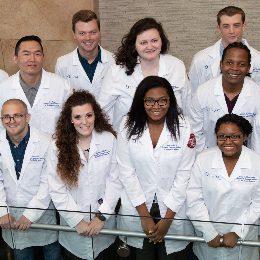
Program in Neuroscience
The Program in Neuroscience is an interdepartmental PhD degree program with faculty from basic science and clinical departments. Our small, varied student population comes from across the country. Over the past 4 years, Our students have authored 40 first-author papers on their way to earning a PhD. Students go on to academic post-doc fellowships at academic institutions.
MORE

